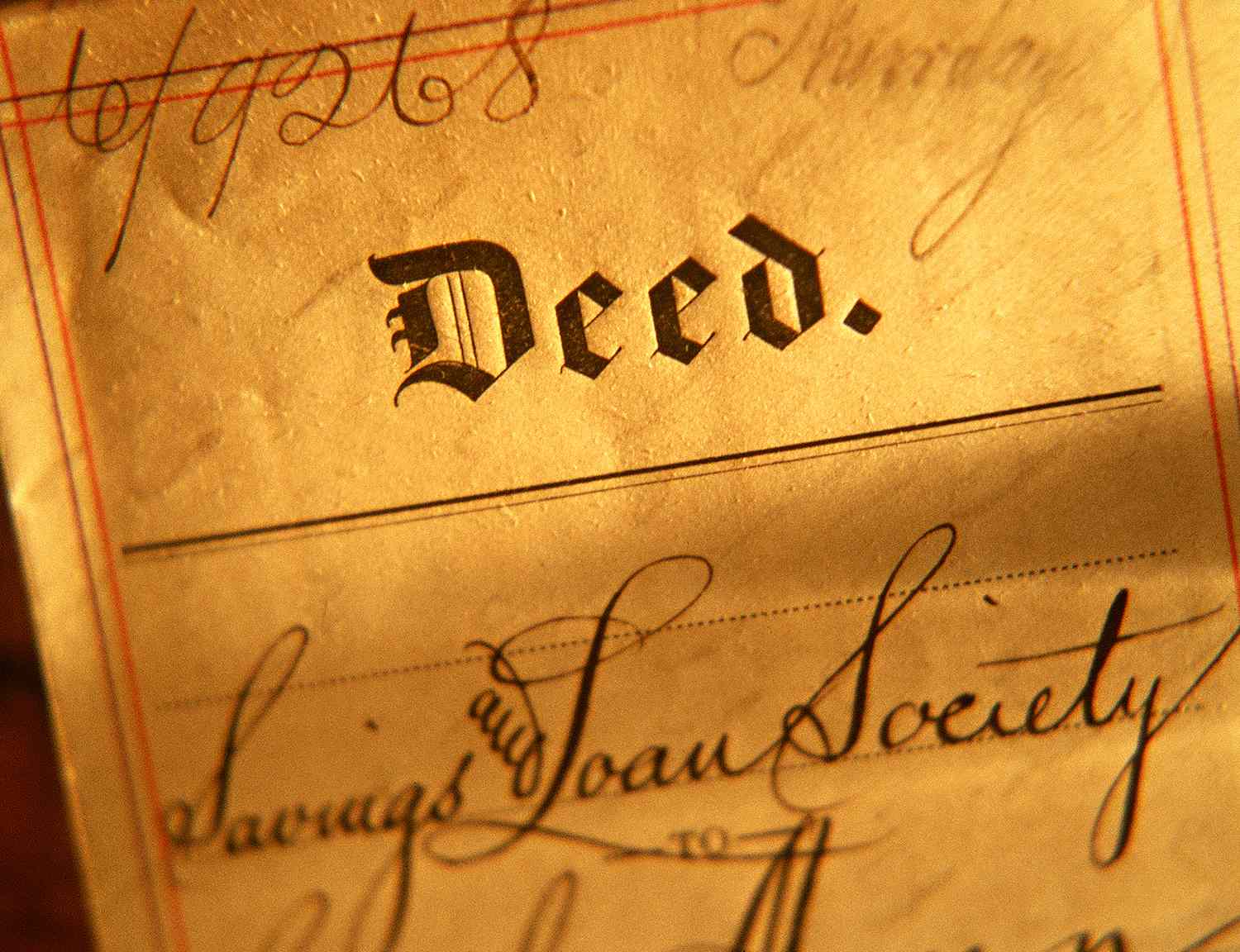
Are you trying to navigate the complex world of property transactions? Whether you’re assisting in residential or commercial deals, understanding the different types of deeds is crucial. Two common types you’ll often encounter are General Warranty Deeds and Special Warranty Deeds. These deeds play a key role in protecting both buyers and sellers, but they offer distinct levels of coverage. Let’s break it down in simpler terms.
The Basics of Deeds: Why Do They Matter?
Imagine a deed as the “receipt” for a property sale. It’s a legal document that shows who officially owns a property and under what conditions. When someone buys a property, they want to be sure they’re getting a clean and lawful title. This is where deeds come into play.
General Warranty Deed: Complete Peace of Mind
Think of a General Warranty Deed as the gold standard of protection for buyers. If you’re dealing with this type of deed, the seller is basically saying, “I’ve got your back no matter what.” Here’s what it covers:
- The seller owns the property’s title.
- The seller has the right to sell the property.
- No one else has a claim to the property.
- The property is free of hidden debts or issues, except the ones mentioned in the deed.
- Any property problems or faults are the seller’s responsibility.
But here’s the kicker: this protection goes beyond the seller’s ownership period. If something shady happened with the property before the seller even got it, they’re still on the hook to make things right for the buyer.
Special Warranty Deed: Limited Protection, Limited Responsibility
The Special Warranty Deed is like a lighter version of the General Warranty Deed. It offers protection, but with a catch. The seller is saying, “I’ll cover issues that popped up while I owned the property, but not before.” Here’s what’s covered:
- The seller’s ownership of the title.
- The seller’s right to sell.
- The absence of claims during the seller’s ownership.
- Hidden debts or issues (except those mentioned in the deed) during the seller’s ownership.
- The seller takes care of any property problems during their ownership period.
Unlike the General Warranty Deed, the Special Warranty Deed doesn’t hold the seller accountable for past problems that might have originated with a previous owner.
Making the Right Choice for Your Clients
As a real estate agent, you’ll want to guide your clients in choosing the right deed for their situation. If your buyer wants comprehensive protection and peace of mind, the General Warranty Deed is the way to go. But if your client is comfortable with limited protection and only needs the seller to take responsibility for their own timeframe of ownership, the Special Warranty Deed could work.
Remember, deeds are legal documents, and the decisions around them can be complex. If you’re unsure, it’s always smart to consult with legal professionals to ensure your clients make informed choices.
So, there you have it! As you embark on your journey in the world of real estate, understanding these two key deed types will help you better serve your clients and navigate property transactions with confidence.
Written by Title & Escrow Professional, Susan Larsen at Land Title Company
